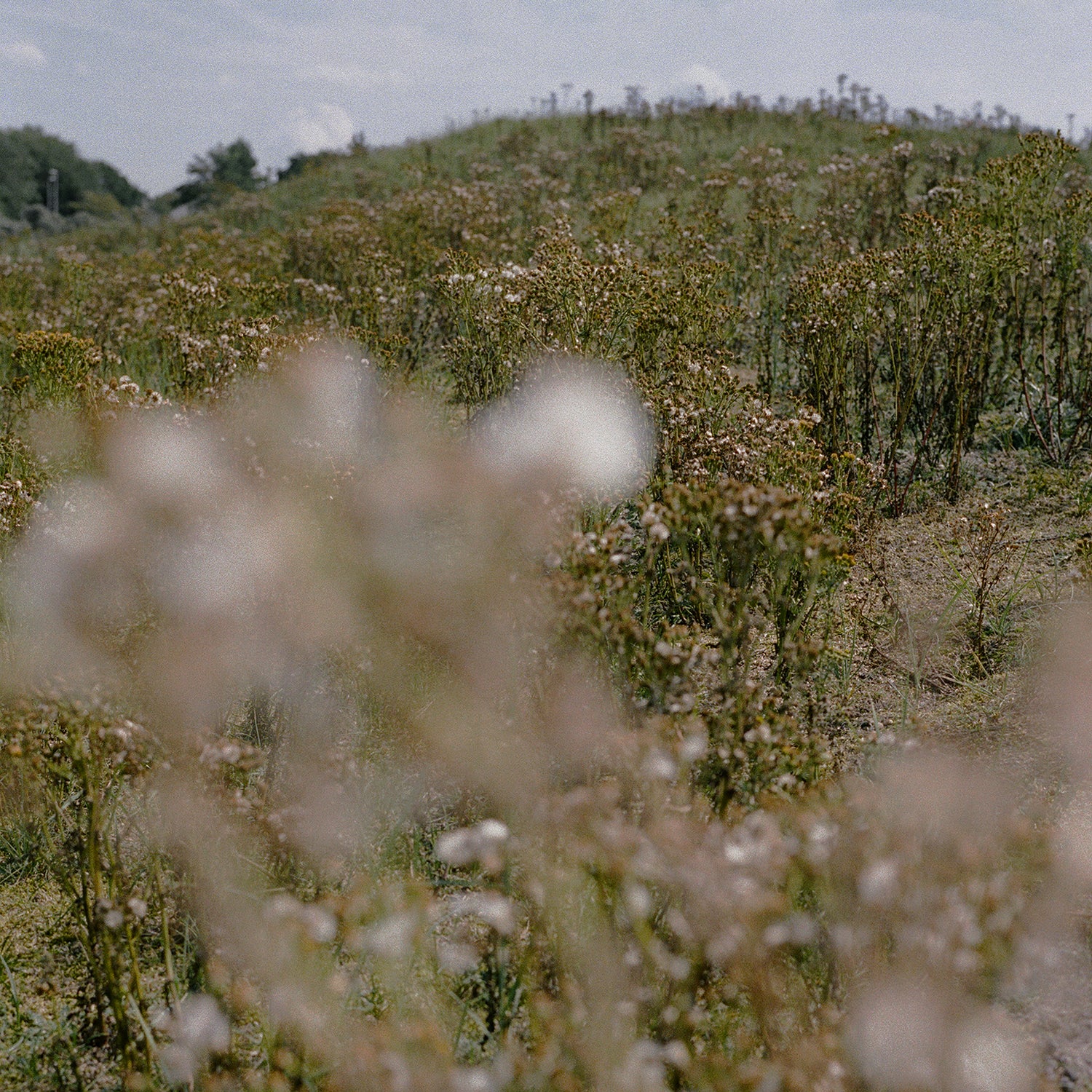
A Future for our Forests
Visionary solutions to protect our rainforests and woodland
"Most people still don’t know that trees go into clothing,” says Catharine Grant of Canopy, the organisation saving forests through business innovation. In fact, the fashion industry uses more than 150 million trees every year to produce cellulosic fabrics such as rayon, viscose, lyocell and modal – if placed end-to-end, these trees would circle the earth seven times.
The use of these wood-derived fibres is putting immense pressure on today’s forests, and is an especially big issue in countries like Brazil, Indonesia and Serbia.
Since it was founded in 1999, Canopy has worked to ensure that no fibres are sourced from ancient and endangered forests. “We want to make sure we’re resourcing from forests that are responsibly managed,” says Grant, “rather than these precious forests.” Canopy’s broader goals are aligned with climate scientists and wildlife biologists, and focus on preventing the worst of run-away climate change should temperatures rise by more than 2℃. “What we’re focused on is that 30% of our forests need to be protected by 2030. If we don’t achieve those targets, that’s when we start to see the wheels coming off in terms of basic ecological functions.”
At Nanushka, we signed our first commitment with Canopy in February 2020. “Canopy supports us in choosing and understanding the positive and negative sources for viscose,” says Senior Sustainability Manager, Veronica Pravato. “They have an online platform that ensures suppliers aren’t sourcing wood from ancient and endangered forests.”

Speaking from Canopy’s headquarters in Vancouver, Grant says she’s “thrilled” about the ever-increasing collaboration. “When Nanushka approached us to talk about its man-made cellulosics fabrics, we also brought up the discussion around packaging. The move away from single-use plastics is much-needed, but the unintended consequence is that it puts more pressure on forests for the creation of single-use packaging. Nanushka is in a leadership position as part of our Pack4Good initiative.”
Over the course of the next three years, Nanushka will implement a reduce-and-reuse strategy to lower the amount of paper used for packaging, storage, shipping and marketing purposes. We will prioritise packaging that comes from agricultural fibers and recycled content. We will also be looking to educate, inform and inspire our community on these environmental issues.
Grant is impressed by the dedication of the more forward-thinking brands in the fashion industry. “We have tools to steer people in the right direction, but there is a lot of due diligence on Nanushka’s part in understanding where its forest-based products are coming from and engaging with their suppliers. Nanushka really is asking very deep questions around complex issues.”
There’s still a lot of work to be done, but Grant is hopeful. “Nanushka works with viscose producers that are using circular technologies and waste materials, so they’re not just relying on virgin fibres. We need to start using our resources better if we’re going to stay within those planetary bounds.”
As well as our work with Canopy, the Nanushka team collaborated with the local Duna-Ipoly National Park in Hungary by planting 4800 oak tree varieties in October 2020. This restoration of a naturally degraded area with native trees has offset our 2019 aviation air emissions and will help to stop the spread of invasive species of low ecological value.“
It’s really wonderful to see that these conversations and projects are happening,” says Grant. “The fashion industry understands that systemic change needs to happen. That is really encouraging and we feel very grateful to have partners like Nanushka.”